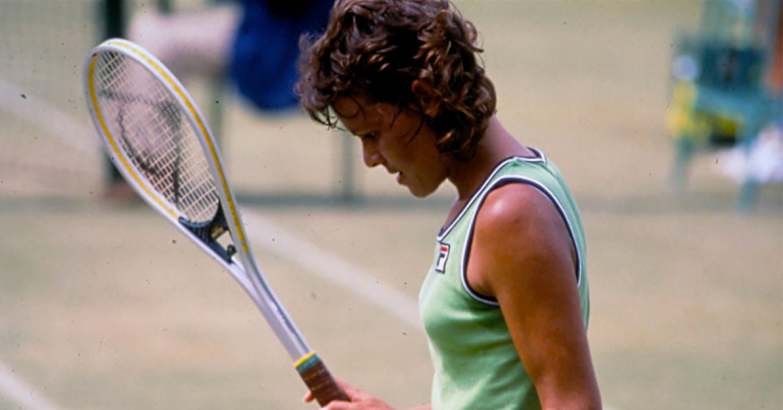FILAPEDIA: EMANCIPATION
Today, we talk about emancipation, a concept that is more relevant than ever. This FILAPEDIA post discusses emancipation, which means the liberation of the classes from oppression and servitude, with a recognition of rights as a result. It’s a word we often associate with female struggle. Until about 150 years ago, women were not allowed to study, testify in court, or vote. Since the end of the 19th century, organised movements have ended these restrictions. The suffragettes, for example, marched all over the world to claim the right to vote. Since 1968, feminists have fought for gender equality, while in 2016 the Hollywood-born #MeToo movement has raised global awareness for abuse against women.
The history of FILA story, which is aligned with social change, speaks of emancipation in many ways. One example is the story of Evonne Goolagong Cawley, a tennis player who gained prominence in the 1970s and early 1980s for her uncompromising spirit. Born in 1951 in Griffith, Australia, Cawley grew up in a large, working-class, large family of the Wiradjuri Aboriginal tribe. Her first racket was made from a fruit box. Her talent was immense, and at only 14 years old she was noticed by coach Vic Edwards, who began coaching her in Sydney. It was the start of a brilliant career, establishing her as a ‘graceful, easy-going and poetic champion’, all words used by the Tennis Hall of Fame to describe her. Billie Jean King, who was defeated by Goolagong Cawley in ‘74 at the Virginia Slims Championship, stated “She played beautifully. I started watching her, and then I’d remember all of a sudden that I had to hit the ball.”. Margaret Court, another outstanding Australian player, commented,” Her shots are quite unpredictable. They’re likely to come back in any direction. The harder you hit the ball to her, the more she likes it.”
Between 1967 and 1983, Evonne Goolagong Cawley won 68 singles titles in the Open era, which amounted to a trophy in 40% of all tournaments she played – and won over 80% of her matches. At Wimbledon in 1980, while Björn Borg was playing his heart-stopping final against John McEnroe , Cawley made history when she beat Chris Evert, the first time a player who was also a mother had done so since 1914. In the run-up to the event, the press she received was not wholly approving, but Cawley remained unconcerned. “My dream growing up was to win Wimbledon,” she later said, “which was fantastic when it happened in 1971. However, I loved playing after having Kelly – she made our lives complete and even more full of joy.” Evonne Goolagong Cawley received an MBE (Member of the British Empire) in 1972, inducted into the Sport Australia Hall of Fame in 1985 and the International Tennis Hall of Fame in 1988.
“I raise up my voice-not so I can shout but so that those without a voice can be heard…we cannot succeed when half of us are held back.”- Malala Yousafzai
“Who runs the world? Girls” – Beyoncé


